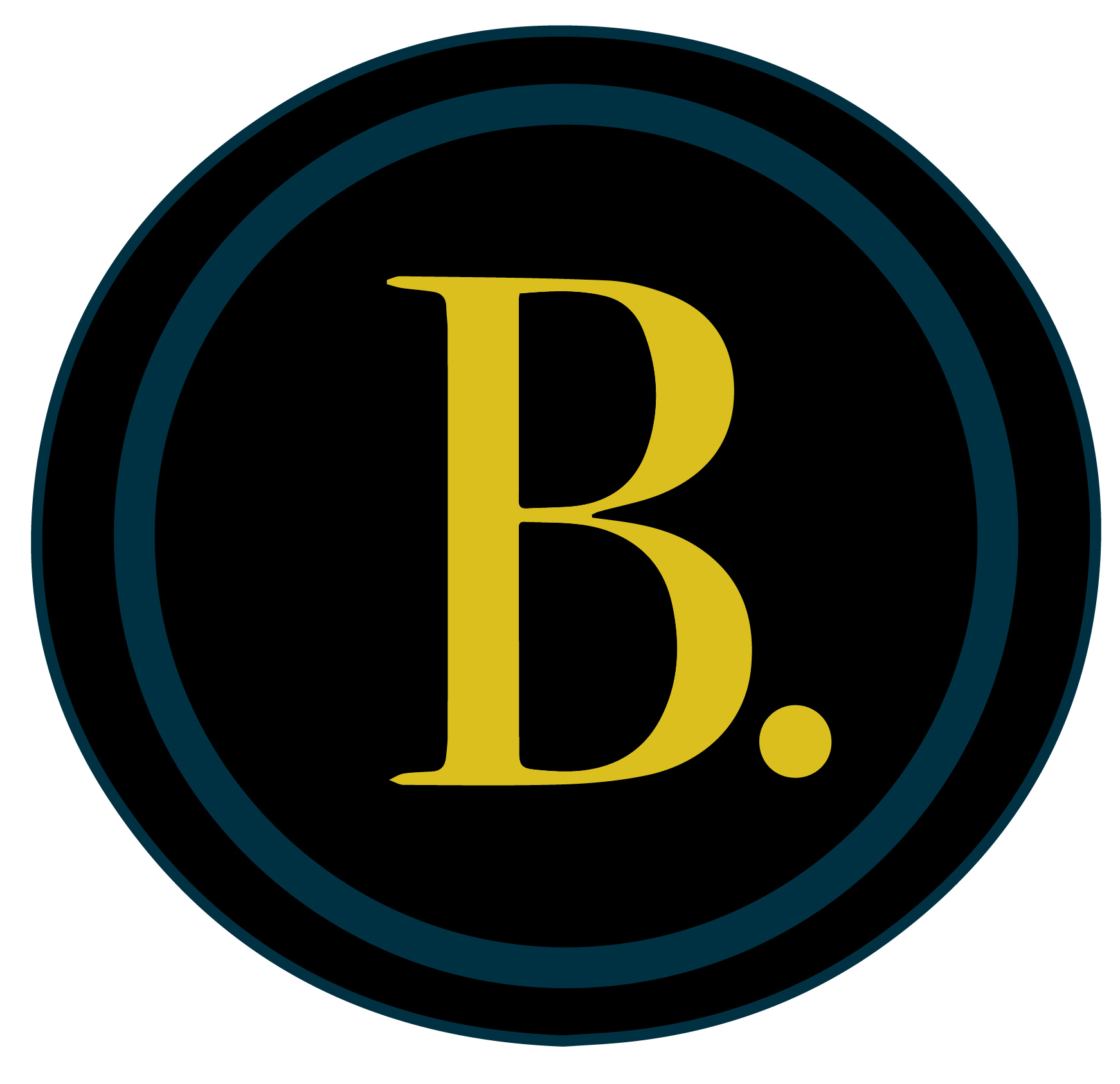
Starting a product-based business is an exciting prospect. It’s easy to think that product development should come first, but without understanding the market for your product, you are unlikely to sell anything when you launch. Here are 5 essential tips for starting a product-based business by Susannah Davda.
Know your customers and engage them
Understanding your customer should always be the first port of call when you start a business. Be prepared to challenge your assumptions when researching your customer. Is your product really the solution your customer needs and desires? If not, what is the solution?
Age and occupation don’t tell you much about a person. You need to know what drives them. What frustrates them? What is it that unites them? Where do they hang out or get their information? What makes them smile?
Every decision you make should refer back to your customer and what they need.
Now you know who your product is for, you can start to create content which will engage them. Start a blog, a social media account, or better still; a newsletter. Build an audience of people who are interested in what you are saying. Make your content relevant to your product, but don’t worry if you can’t talk about your product yet. Interview people who have started brands with the same values as yours, share your opinions, and articles and images which your audience will feel a connection with.
Understand the market
Even if you think your product is completely unique and that your brand has no competitors, it is important to research the existing market.
Which products are your target customers buying now, how much are they spending on them, and what are the strengths and weaknesses of those products?
By understanding what’s already out there, you are in a stronger position to know how your product fits into – or stands out from – the established structure. Pricing your product becomes easier too.
Invest in professional support
Engage a consultant or mentor who has experience building product-based businesses at an early stage. The sooner you start receiving their guidance, the better your chances of success will be; because the foundations of your business will be strong.
Employing a freelance designer ensures better accuracy in sampling. Unless you have experience of putting together technical specifications for manufacturers, it’s a good idea to get the help of someone who does. Skip this stage, and not only will your manufacturer not take you as seriously, but the sample may well be miles away from what you want. You will spend more on sampling, and irritate the factory with numerous iterations until they get it right or lose patience.
You will also need the services of a professional photographer, an accountant, intellectual property lawyer, graphic designer, and a web designer/SEO expert.
Find the right manufacturer
The number one question entrepreneurs have is: “How do I find a manufacturer?” Generic Chinese sourcing sites tend not to be the answer.
Consider reputable platforms like Sourcing Playground, or reach out to manufacturers on LinkedIn who specialise in your product type. Arrange video calls, so you can build a relationship beyond email early on.
Go by gut feel as well as looking at contract terms and fees. Can you work with this person on a daily basis? Don’t do the hard sell. If you have told the manufacturer about your customer, market, target cost price, and potential sales volumes and they aren’t excited, move on.
















